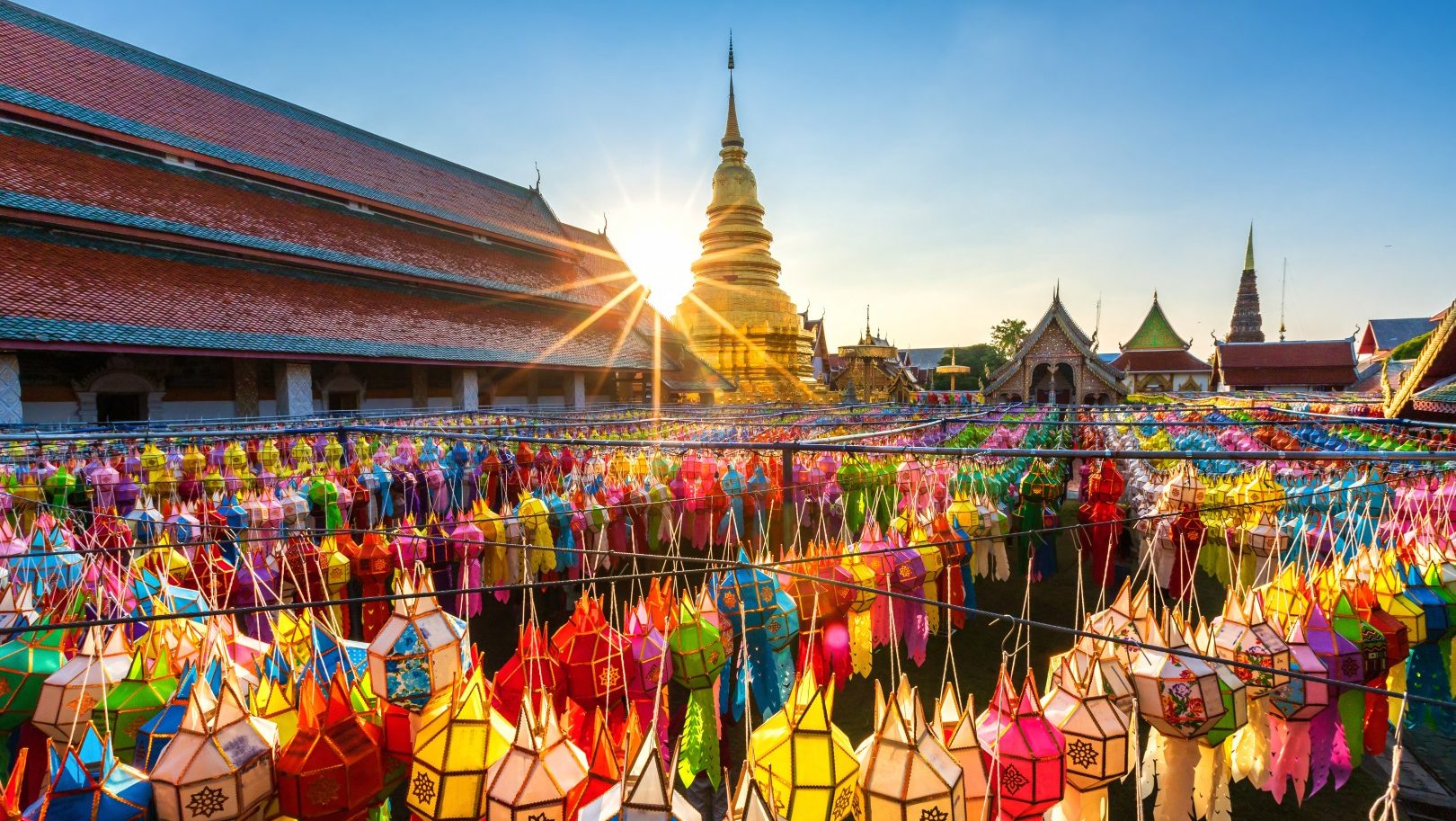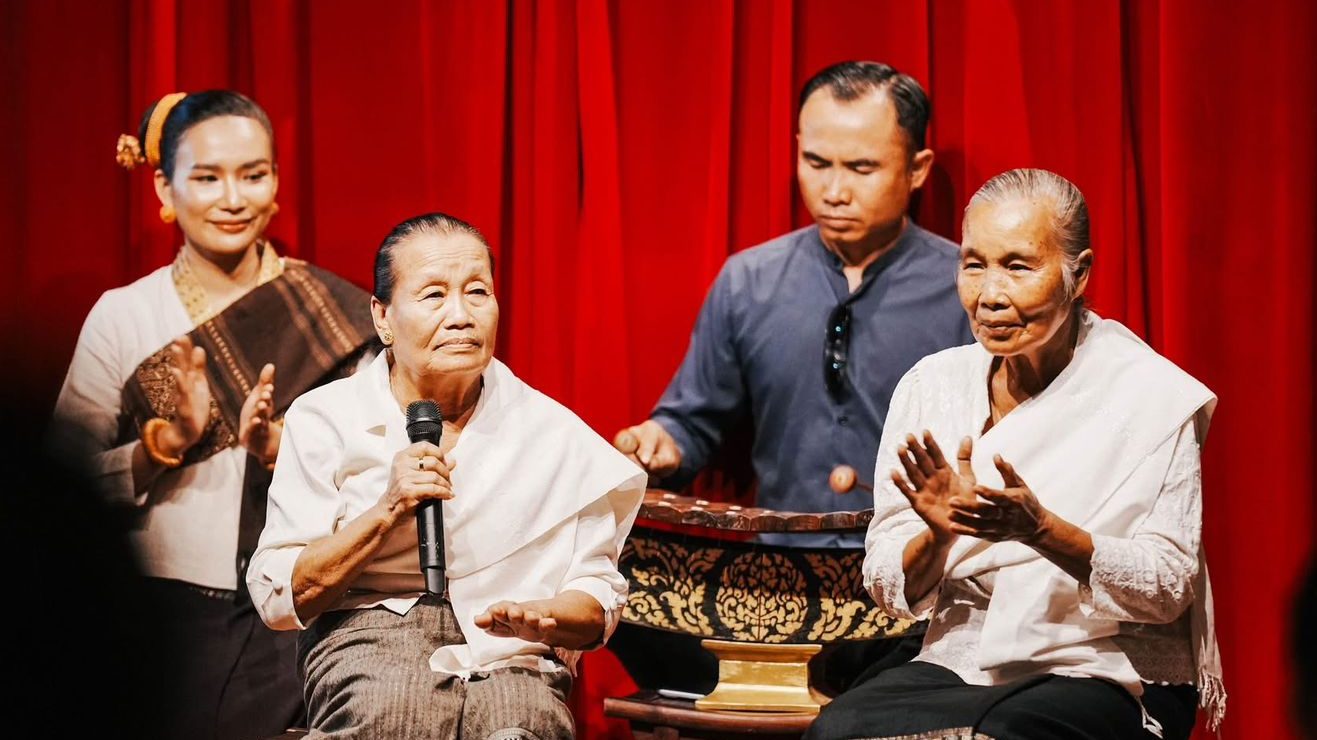Exploring spectacular Sumba island in Indonesia
I had the privilege of spending a week in Sumba in June, exploring the mystical island made famous by the traditional houses with thatched roofs reaching for the sky.
Sumba is located to the south-east of Bali and west of Timor and is part of the Lesser Sunda Islands. Its western region is reached by a one-and-a-half hour flight from Bali to Tambolaka.

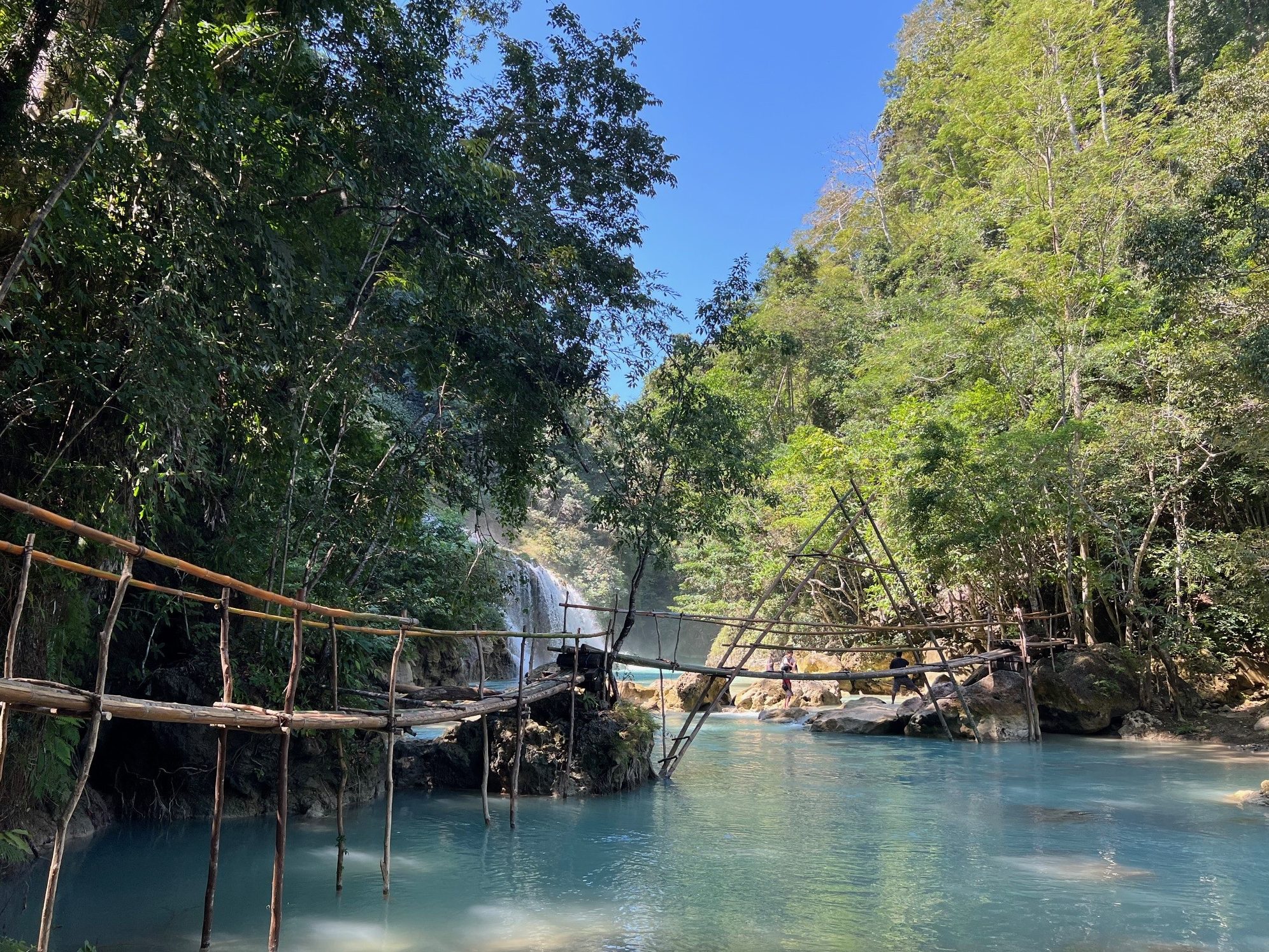
The strong culture and spirit of the Sumbanese people can be felt throughout the island. They are known for their warrior culture and ancestral Marapu religion, which dates back to the Bronze Age, as well as their Christian beliefs.
Their ethnicity is characterised by dramatic rituals including pasola, where riders on horses throw blunt spears at their opponents in a reenactment of past ferocious battles. Water buffalos are still offered to the spirits upon the death of villagers and large megalithic tombs are an integral part of any village compound.
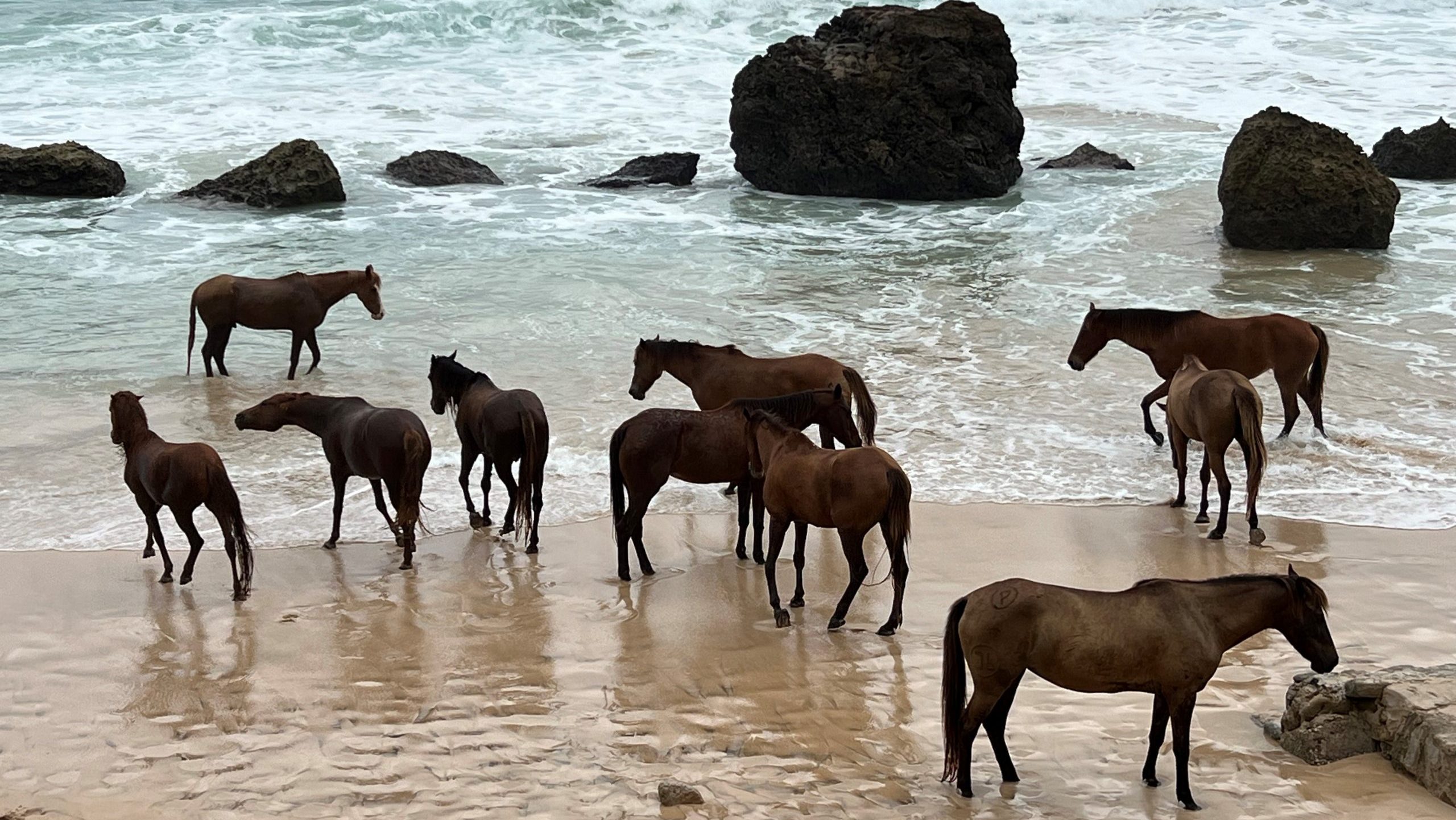
The bond the Sumbanese people have with their horses feels almost celestial. The Dutch colonialists brought Arabian horses to exploit sandalwood and the Chinese followed with the Mongolian breed. When they all left, leaving their horses to fend for themselves, the Sumbanese horse was born. I was very touched seeing how the Sumbanese treat and revere their horses, taking them bathing in the ocean and letting them gallop freely along the beaches.
Traditional villages with their uniquely shaped high roofs can be seen in many parts of Sumba and some of the most traditional ones are in the western part of the island in the Kodi region. They can be explored with a guide, on one’s own by bicycle or on foot. The people are welcoming and friendly and even if communication in English can be a challenge, a big smile and sharing a coconut will go a long way.

There are many outdoor activities throughout Western Sumba, including hiking one of the numerous trails, swimming in lagoons, walking through lush rice fields or exploring one of the many idyllic waterfalls.
For surfers, Sumba is a paradise not to be missed and other water sports, including kayaking, paddle boarding, fishing and boating, are readily available. The waves on the southern coast are legendary and surfing in that part of Sumba is only recommended for highly skilled surfers.
The beautiful hilly landscape gives way to rivers, lagoons and rice fields and one always ends up at one of the sandy beaches. The coastline is dramatic and swimming is not possible everywhere due to the high waves, but the water is crystal clear and the beaches are clean and pristine.


For many tourism professionals, Sumba is synonymous with the Nihi Resort. Nihi is a world of its own in an incredibly picturesque location and it has been voted on several occasions as the best resort in the world. Its villa estates are one of a kind and the service is legendary.
What makes it even more special is its connection to the local community and the support it provides to its people. For instance, the Nihi Foundation has changed the lives of the people in the region, not just by giving them jobs, but also by building clinics and schools and supporting their everyday needs.
Nihi is not just for the rich and famous – it is for anyone looking for a dream holiday away from the modern world, such as honeymooners and families. The special Nihi experience starts at Bali airport with VIP services; say goodbye to your bag at the airport and you will find it upon arrival in your villa at the Nihi.

Besides the Nihi, there are other resorts that I can recommend and I want to particularly highlight Cap Karoso. This resort, built with a minimalistic approach but with lots of warm touches, captures the true essence of Sumbanese culture.
It enjoys an outstanding location on a white sandy beach suitable for surfers and swimmers and its comfortable rooms, suites and the newly-opened villas make for a wonderful stay.
Grab a bike and explore the surrounding villages, beaches and lagoons or join a hiking tour to serene waterfalls. The F&B is of outstanding quality and the diverse menu offers options for everyone.
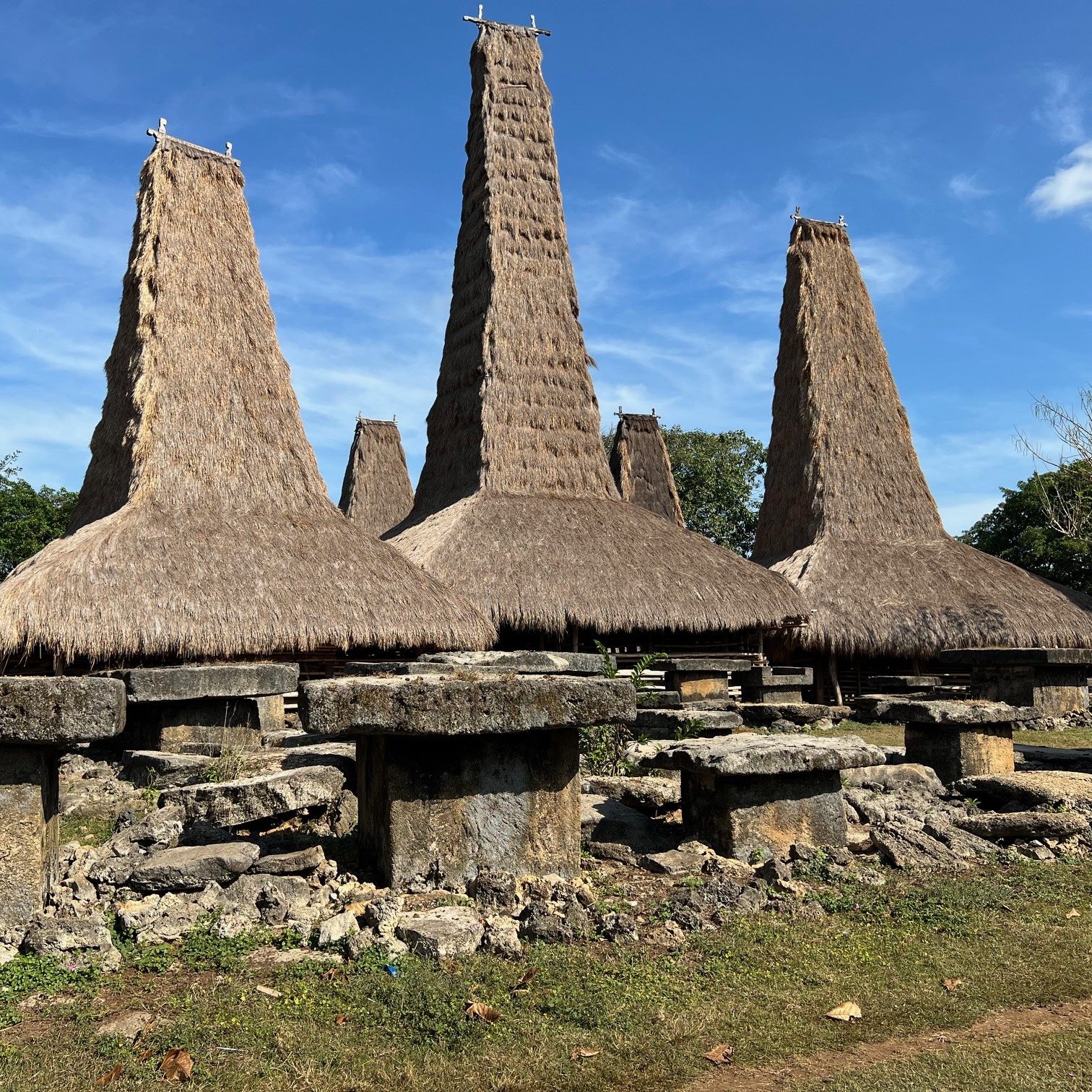
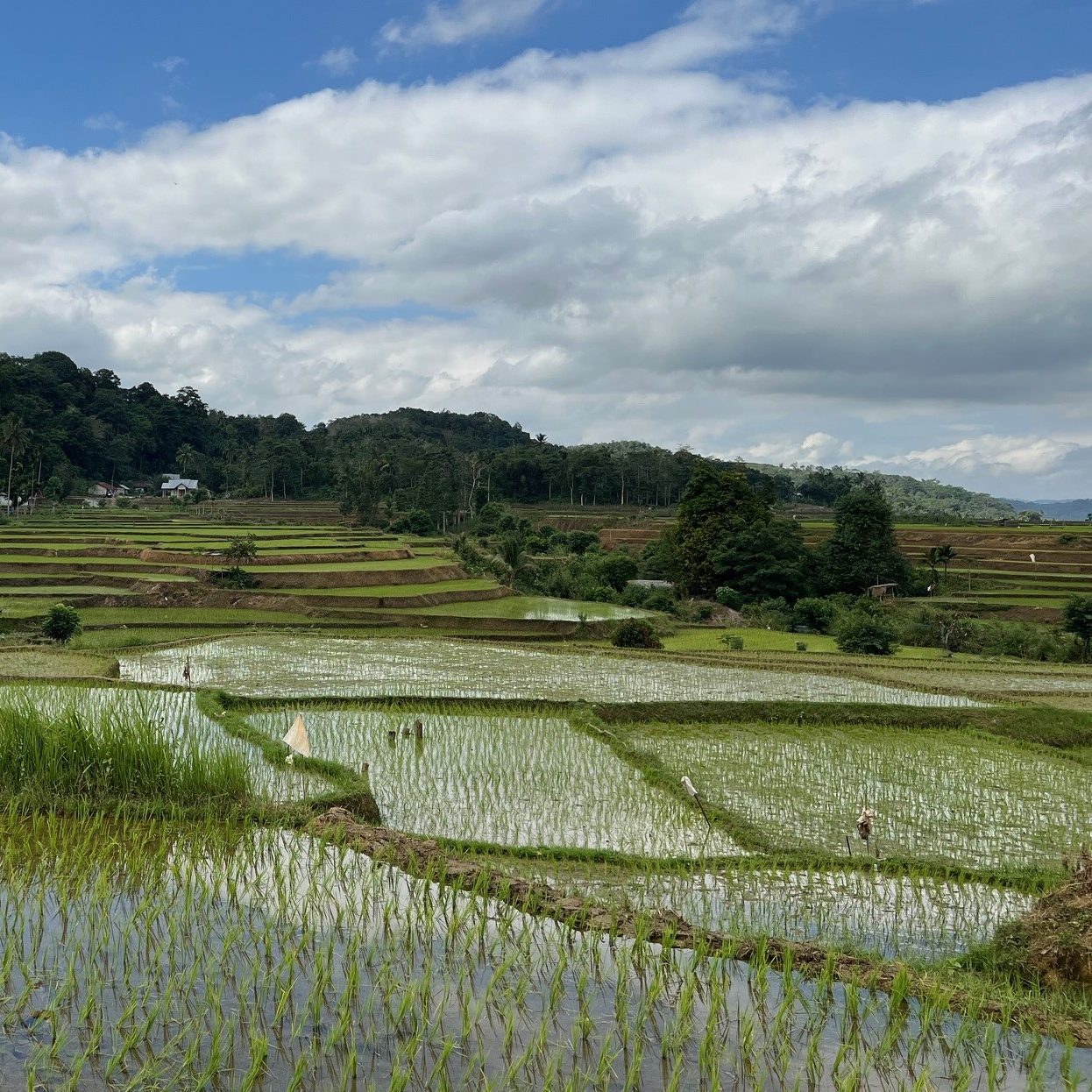
Tourism to Sumba is in its infancy but it will increase in the years to come. During my visit, I noticed some beach land zoning and a couple of resorts under construction. I was rather pleased to see that these upcoming projects are in tune with the surroundings and blend nicely into the natural habitat.
Sumbanese arts and crafts are well known and are often mistaken as being of Timorese origin. The rough wooden spiritual statues and Ikat fabrics are very special indeed and these cultural icons reflect the deep spirit and nature of the people on Sumba.
Asian Trails’ Indonesia team will be happy to tailor a Sumba island programme suitable for your clients. Please contact the team in Bali for a bespoke offer at Asian Trails Indonesia.

Laurent Kuenzle
Chief Executive Officer, Asian Trails
More news from around Asia
Stay up to date
Get more B2B travel news direct to your inbox.










